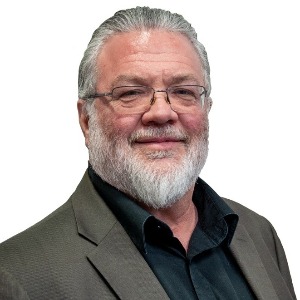Traditional Medicine Practitioners
Traditional Medicine Practitioners are individuals who use indigenous knowledge, cultural beliefs, and age-old techniques to promote health and treat illnesses. Often regarded as custodians of ancestral wisdom, these practitioners play a vital role in their communities, particularly where access to modern healthcare is limited. They may include herbalists, spiritual healers, bonesetters, shamans, or midwives, depending on cultural context. Their practices often rely on natural remedies such as medicinal plants, animal-based substances, or minerals, as well as rituals, spiritual counseling, and holistic approaches to healing. Their expertise is typically passed down through generations via apprenticeships or oral traditions rather than formal academic training.
Despite their informal education, traditional medicine practitioners are deeply respected and trusted in many societies. In recent years, there has been increasing recognition of their contributions to public health, particularly in rural and underserved regions. Governments and international health organizations are exploring ways to integrate traditional practitioners into primary healthcare systems while ensuring safety, efficacy, and ethical standards. Collaborations between traditional healers and biomedical professionals are becoming more common, aiming to create more inclusive healthcare models. As interest in holistic and culturally sensitive care grows, traditional medicine practitioners are increasingly seen as valuable allies in promoting wellness and preserving cultural heritage within modern healthcare landscapes.

Mary Jo Bulbrook
Akamai University, United States
Kenneth R Pelletier
University of California School of Medicine, United States
Gene Bruno
Nutraland, United States
Kevin KF Ng
MD Natural Care LLC, United States
Julieta Andico Songco
JAS Consulting Services, United States
Debrah Nadler
Alzheimer’s Support, LLC, United States




Title : The importance of integrating TCM with conventional medicine in the diagnosis and treatment of physical and mental exhaustion due to excess or lack of professional activity
Angela Sanda Tudor, Society of TCM from Romania, Romania
Title : Change your genes - Change your life: Sorting the hope from hype of human longevity
Kenneth R Pelletier, University of California School of Medicine, United States
Title :
Laure Le Corroller, Dr.& Master Sha Tao Academy, Canada
Title : Examining the factors that decrease and increase the effect of acupuncture
Yucel, Elonysia LLC, Turkey
Title : Pure consciousness and lifestyle practices in ayurveda — Positive epigenetic transformations
Girish Momaya, Maharishi European Research University, Netherlands
Title : Akkermansia muciniphila 001 (AKK001™) postbiotic for body morphology and metabolic indicators in an overweight population: A randomized, controlled trial
Gene Bruno, Nutraland, United States